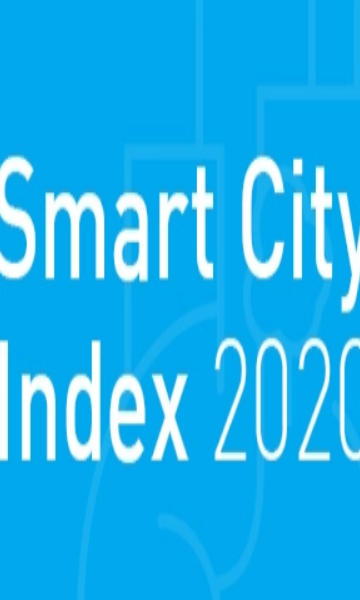Brussels has risen 4 places in the annual Smart City Index, in a year that also saw many European cities fall in the ranking. Technological innovation, such as the IRISbox e-counter and the many apps which organise urban life more efficiently, all contributed to Brussels' success. Singapore and Zurich remained in the lead, as in previous years, while Helsinki rose from number 8 to number 2. This year's big winner, however, was New York. This city made the top 10, with an increase of no less than 28 places. The greatest drop was witnessed in Bilbao, which fell from 9th to 24th position.
The Institute for Management Development, working in partnership with the Singapore University for Technology & Design (SUTD), creates this annual list after surveying 120 citizens from each city that is included in its index. This Smart City Index then ranks these cities according to economic and technological input and its citizens' perception of how 'smart' their city is. Specific questions delve into the smart city provisions offered by their respective cities, covering 5 key areas: health & safety, mobility, activities, opportunities and governance.
The COVID-19 pandemic already affected the results in 2020: the surveys were conducted between March and May, when the virus had the world in its grip and was causing quite an impact on our daily lives, especially in the cities. This was also brought up by respondents: the ‘stronger together against coronavirus’ aspect was often mentioned, as well as how useful and efficient technology can be in addressing the coronavirus crisis, e.g. a powerful and well-developed Wi-Fi network.
Although it is too early after one year to draw conclusions about how smart cities have dealt with COVID-19, it does appear that (local) leadership is important too: in times of crisis, many turn to the local governments for both guidelines and support. We will beat the virus together, and with the necessary technical tools.
Find out all about this smart city index
here (link:
https://www.imd.org/smart-city-observatory/smart-city-index/ )
What do citizens think about smart cities nowadays – what are the problems that a smart city needs to tackle; what dangers do they see, and so on? And what role must the government play within a smart city?
To find answers to these questions, the research centres imec and SMIT (Studies in Media, Innovation and Technology) carried out their annual imec.smartcitymeter, a large-scale survey in Flanders and Brussels.
The results of the imec.smartcitymeter 2020 survey show that while many people are not yet familiar with the concept of smart cities, they are in fact aware of the technologies associated with the concept of smart cities. Many see the shift towards smart cities as a positive step, as it has the potential to make their lives easier and better. On the other hand, people were also found to have concerns about privacy and security, whenever technology is deployed in the urban domain.
The results of the 2020 survey also showed that an overall consensus regarding smart cities now exists. Generally speaking, people's thoughts and fears with regard to smart cities are the same, regardless of whether they are male or female, young or old, whether they are low-skilled or took part in higher education or whether they live in a major city or a small village.
The results of the imec.smartcitymeter survey provide policy-makers, companies, researchers and members of the public with a more detailed insight into what people think about various solutions and new technologies that will form part of a smart city. In contrast to the Smart City Index, the purpose of this survey is not to arrive at a ranking of the "smartest cities", but to assess what members of the public actually expect from a smart city of that type – which of the existing services can be improved and what problems need to be addressed as a matter of priority, and so on.
Interested in reading the full report? You can find it
here.
